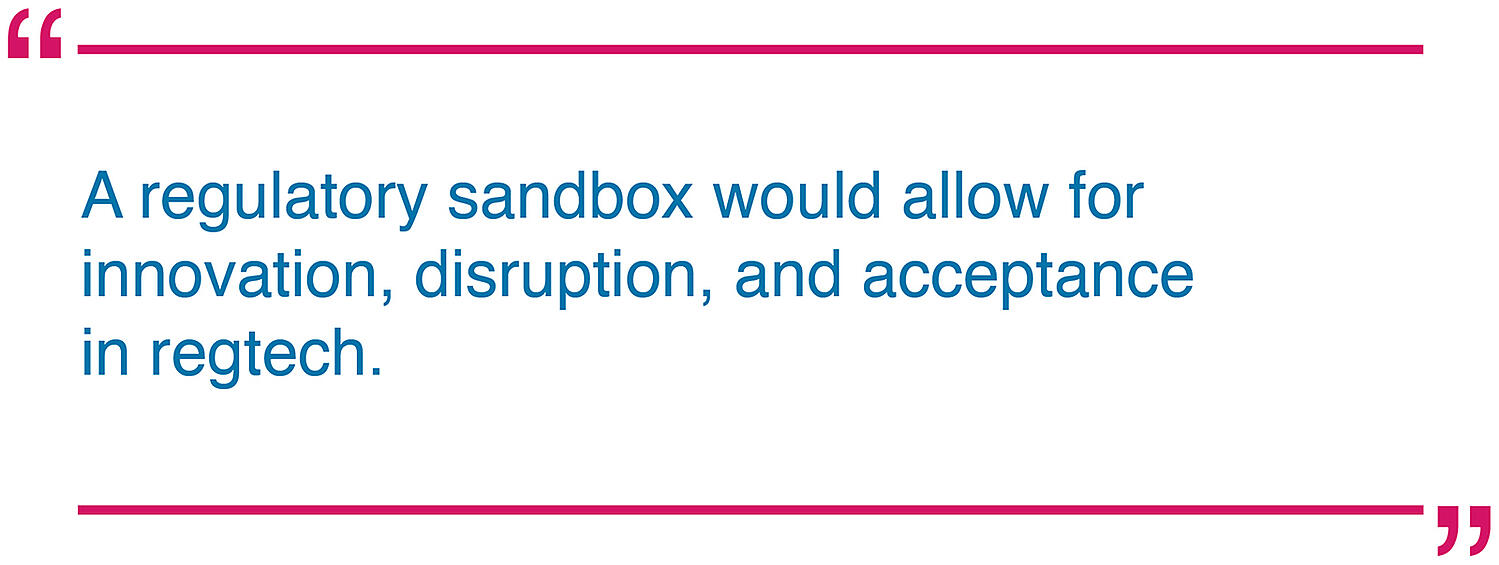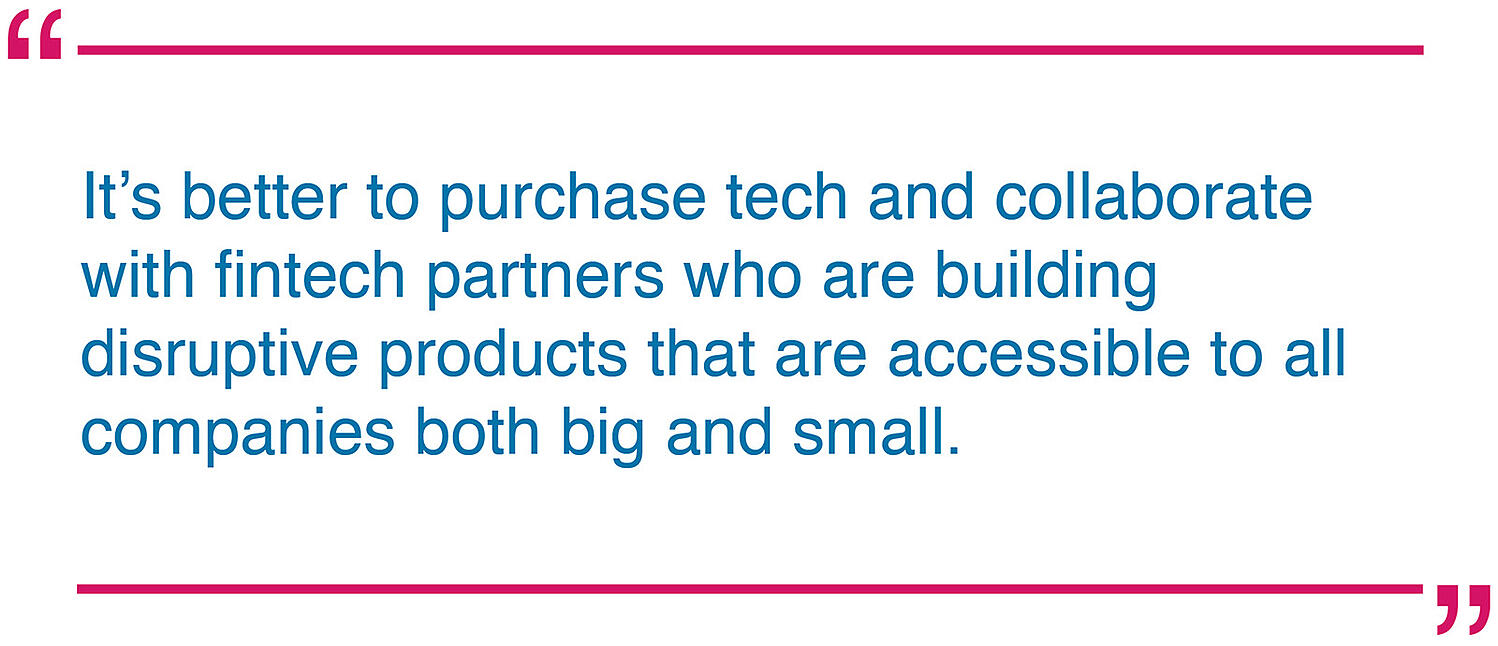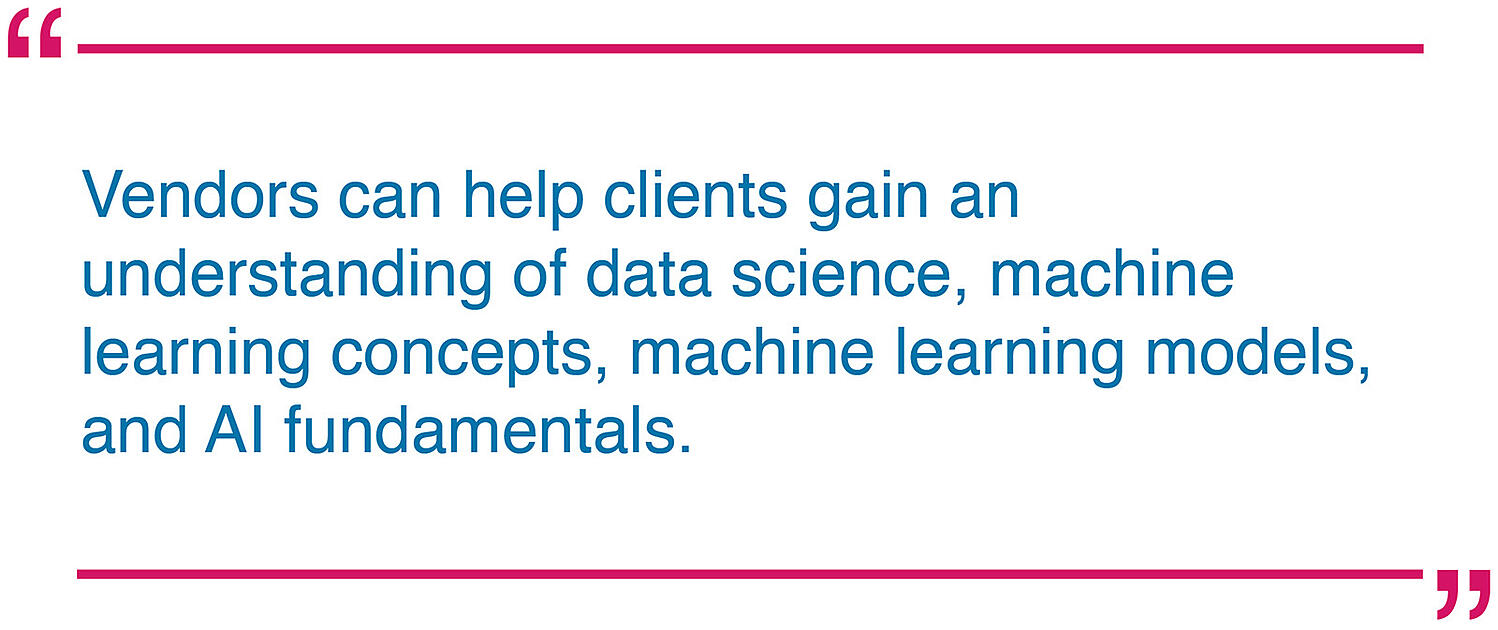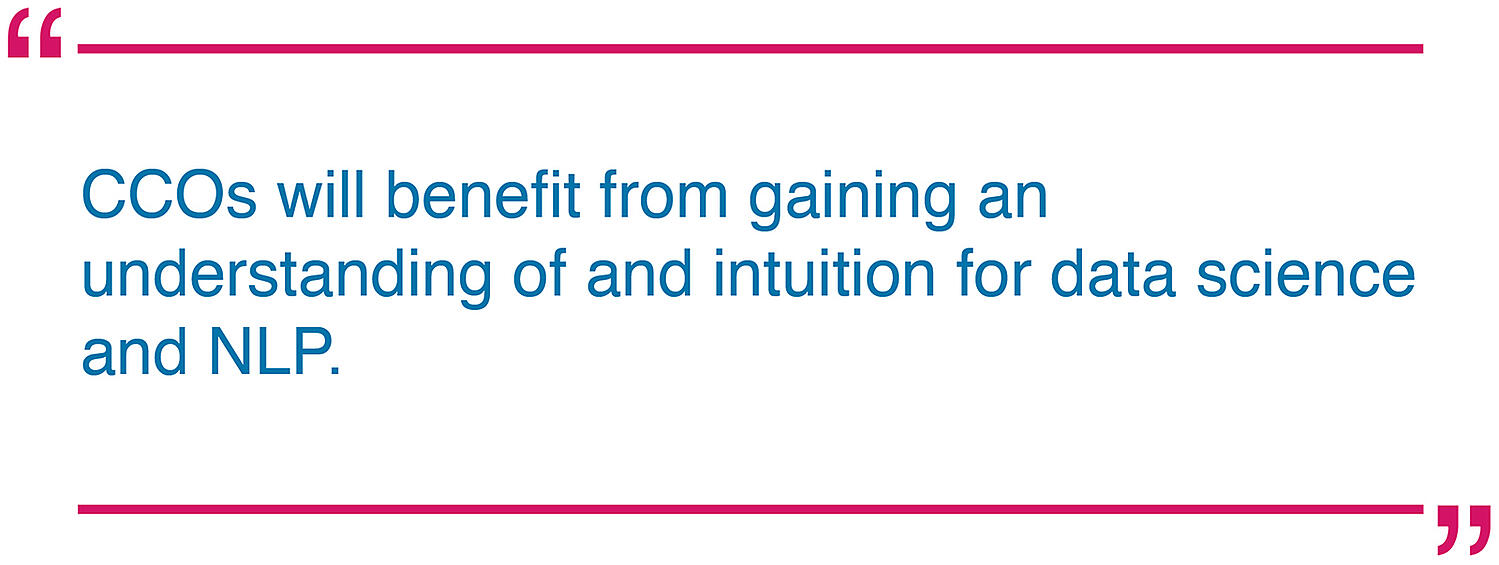Meet our partners Divya Prashanth and Janine Miles of MySocialPulse and get their expert advice for leveraging AI and ML tech to manage RIA compliance.
We were fortunate to sit down with Divya Prashanth and Janine Miles, cofounders of MySocialPulse, to discuss a range of issues related to fintech innovation, leveraging artificial intelligence (AI) and machine learning (ML) technology to manage compliance, and driving RIA business growth.
What do you think about the need for the SEC to create a regulatory sandbox, like the Danish FSA’s sandbox initiative?
Divya Prashanth: ML- and AI-driven technology is mostly expensive and only available to large players. Setting up a sandbox is a fantastic idea. A regulatory sandbox would allow for innovation, disruption, and acceptance in regtech. This initiative will level the playing field and make technology more accessible to small and medium-sized companies who have a hunger to grow.

The United Kingdom often gets props for being ahead of the United States in effective regulation. How are you seeing this affect business globally?
Janine Miles: One positive thing that came out of the Brexit deal is an explosion of partnerships around the world over the past year or so. Regulation has tightened—for instance, GDPR, the SOX Act, and anti-money laundering rules—and business opportunities are also opening up. Necessity is the mother of invention.
Should RIA firms build or buy fintech products?
Divya Prashanth: Building ML- and AI-driven tech takes a great deal of time, highly skilled resources, planning, exclusive expertise, and huge effort. It’s better to purchase tech and collaborate with fintech partners who are building disruptive products that are accessible to all companies both big and small.

How does adopting compliance technology make RIA firms more cost-effective?
Janine Miles: Here in the UK, as in the US, we have to do a lot of strict reporting, such as fiscal audits. It’s a huge task that takes up so many resources. When you consider how compliance activities affect the bottom line by consuming numerous resources, you see how technology can be used to offset some of that burden and solve problems for firms who are already stretched thin.
Which fintech products are on the cutting edge right now?
Divya Prashanth: In the crypto world, it’s often the retail investor who leads the charge in innovation. We’re seeing a similar pattern in the NFT space. Fintech innovation comes down to data, social media, and retail investors, who are front and center and can’t be ignored. Checking the pulse of retail investors on social media points to NFTs being all the rage now.
The most innovative part of any firm is often the marketing team’s use of social media. How can an investment advisory firm’s use of social media be managed in a way that ensures compliance?
Janine Miles: It’s extremely difficult. Anyone with a social media handle can post to platforms like Twitter and Reddit. Other emerging platforms in the blockchain present increasingly complex challenges. The best way for financial services firms to understand what’s happening on social media is to monitor it, and monitoring is crucial to preventing portfolios from being destroyed by the prevailing meme culture.
Economic theory teaches that investors and financial markets act rationally. However, this is just not the case. Markets are predominantly driven by investors who do not act rationally. Behavioral finance acknowledges that biases and emotions are factored into decisions which impact financial health. By incorporating sentiment analysis into the investment decision-making process, the risks from bias can be reduced.
How can firms develop systems that do more than send alerts about keywords or social media posts? Do other machines need to monitor the social media machine, so technology acts as a sort of check on itself?
Divya Prashanth: Yes, absolutely. At MySocialPulse, we go beyond just mentions and keywords. We use cutting-edge natural language processing (NLP), ML, and AI to understand the behavior of investors. What are their investment drivers and motivation? We can identify emerging investment ideas and trending topics. We use the power of NLP to detect emotions in conversations and how they impact investor behavior.
What role should machine learning technology vendors play in helping chief compliance officers (CCOs) gain a basic understanding of the technology they’re using?
Divya Prashanth: Vendors can help clients gain an understanding of data science, machine learning concepts, machine learning models, and AI fundamentals. This will equip clients with an appreciation for the technology and enable clients to ask vendors the right questions, work with vendors on addressing model bias, and gauge the ML solutions with more comfort.

How can CCOs ensure that the technology products they adopt are not susceptible to model drift or bias?
Divya Prashanth: With the advancement of NLP, we have seen financial models that can be quite successful with 90 percent accuracy. Having said that, there is no catch-all method to ensure that model drift is detected and addressed. Vendors will have to work closely with CCOs to detect bias and schedule model retraining and/or make adjustments to the model where necessary.
Should an investment advisory firm be able to depend on a technology vendor to implement these kinds of checks and ensure that the product is bias- and error-free?
Divya Prashanth: Yes, CCOs and vendors will have to work closely to maintain and retrain models. NLP requires technology specialists and subject matter experts to work together to identify feedback and tackle bias in models.
What advice do you have for CCOs who are looking to brush up on their tech knowledge and skillset so they can evaluate the quality of a vendor and the performance of a tool—and continue to monitor the tool after onboarding it?
Divya Prashanth: NLP is a subfield of AI. With the advent of ML algorithms and increased computational abilities, NLP has become much more scalable and reliable. CCOs will benefit from gaining an understanding of and intuition for data science and NLP.

As vendors, we should bridge this gap by organizing seminars and webinars to help CCOs gain an appreciation for NLP and equip them with tools to evaluate data science vendors.
The views and opinions expressed herein are the views and opinions of the author and do not necessarily reflect those of Nasdaq, Inc.

